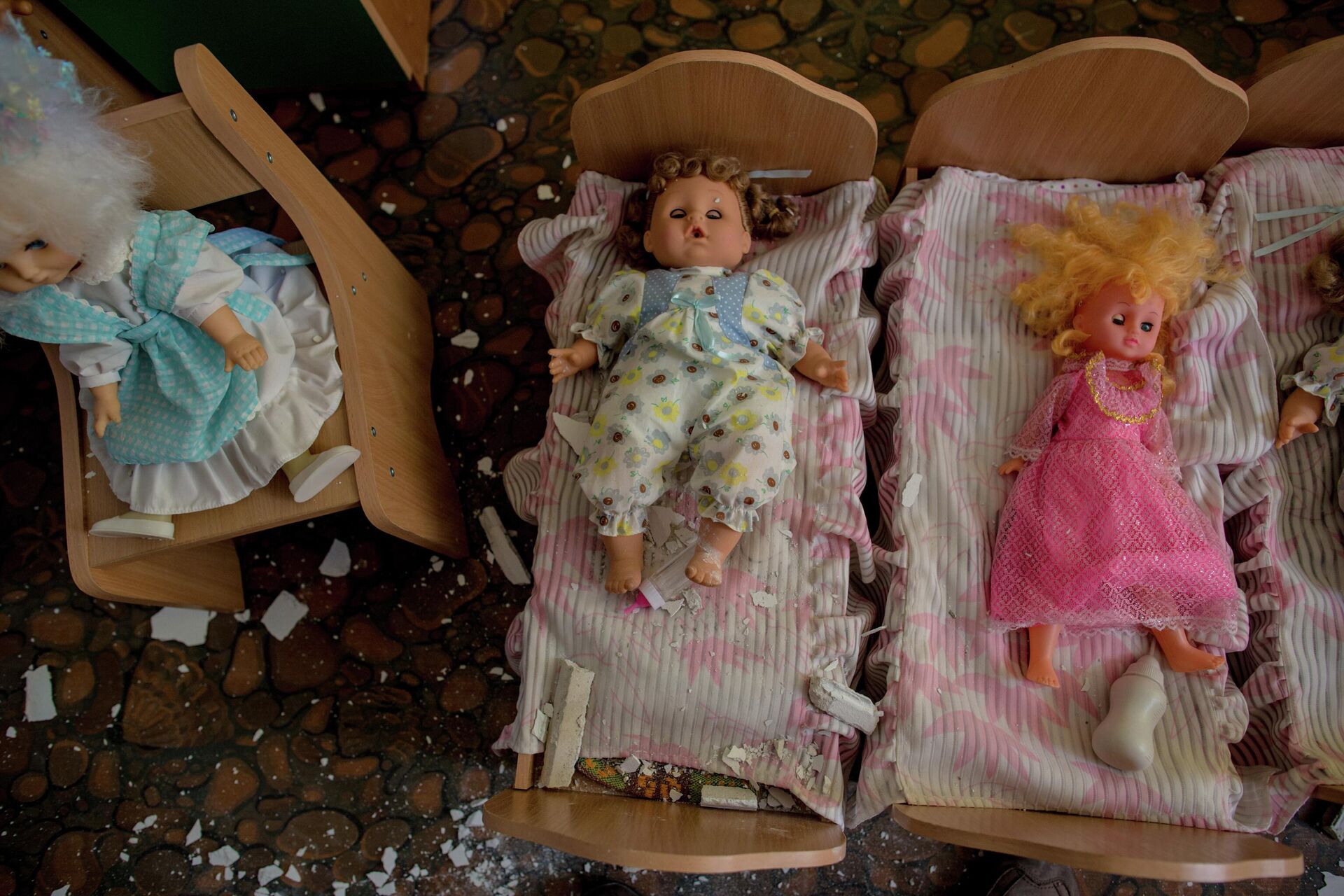Western Media: How to Keep Silent and Write About Ukrainian Nazism
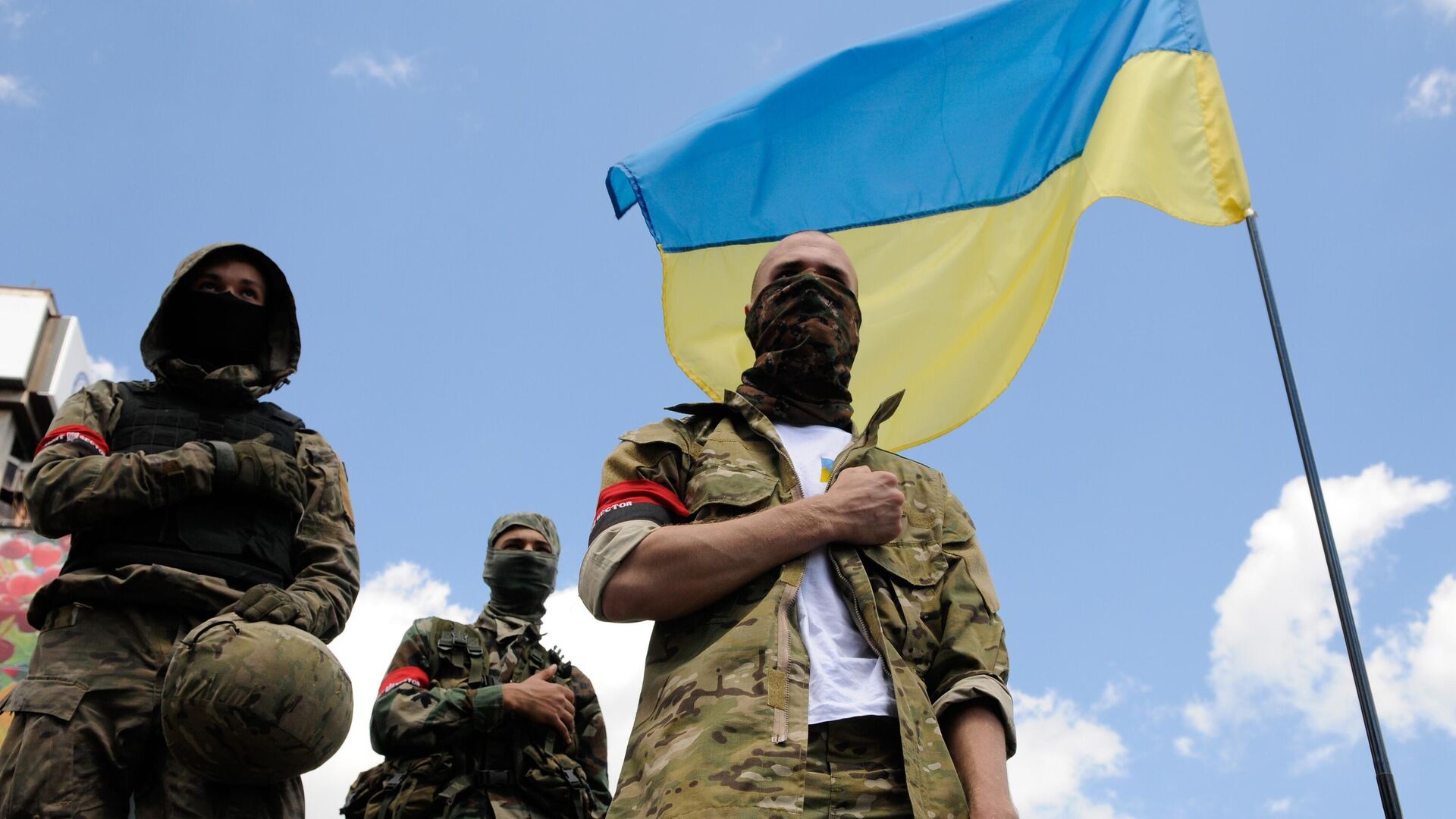
"Not since the wild frenzy after the death of Princess Diana have I ever met such a wave of ignorant sentiment. Nobody knows anything about Ukraine. Everyone has ferocious opinions about it. The other night I shocked a distinguished Oxford academic by informing her that the lovely, angelic, saintly, perfect Ukrainians had blocked off the water supply to Crimea in 2014. She was rightly shocked by this nasty, uncivilized act of spite, but it was far more shocking that this highly educated person did not know this important fact."
“Ukrainians quite often ask me why I do not support Euromaidan. The answer is simple: my grandfathers fought against fascism during World War II. If you support Euromaidan, you support those against whom they fought. Fascism was deeply rooted in Euromaidan, and it is clear where it grew from. Under the influence of radical right parties, moderate supporters of the All-Ukrainian Union ‘Fatherland’ and UDAR (the Ukrainian Democratic Alliance for Reform) turned to 'superviolence,' which became the hallmark of Euromaidan,” Phillips shared with Ukraina.ru.
“No less important, however, is the highly selective nature of the mainstream narrative of the new Cold War, what it chooses to feature and what it virtually omits. Among the omissions, few realities are more important than the role played by neo-fascist forces in US-backed, Kiev-governed Ukraine since 2014. Not even many Americans who follow international news know the following, for example:
That the snipers who killed scores of protestors and policemen on Kiev’s Maidan Square in February 2014, thereby triggering a “democratic revolution” that overthrew the elected president, Viktor Yanukovych, and brought to power a virulent anti-Russian, pro-American regime—it was neither democratic nor a revolution, but a violent coup unfolding in the streets with high-level support—were sent not by Yanukovych, as is still widely reported, but instead almost certainly by the neo-fascist organization Right Sector (an organization outlawed in Russia. – ed. note Sputnik) and its co-conspirators.
That the pogrom-like burning to death of ethnic Russians and others in Odessa shortly later in 2014 reawakened memories of Nazi extermination squads in Ukraine during World War II has been all but deleted from the American mainstream narrative even though it remains a painful and revelatory experience for many Ukrainians.
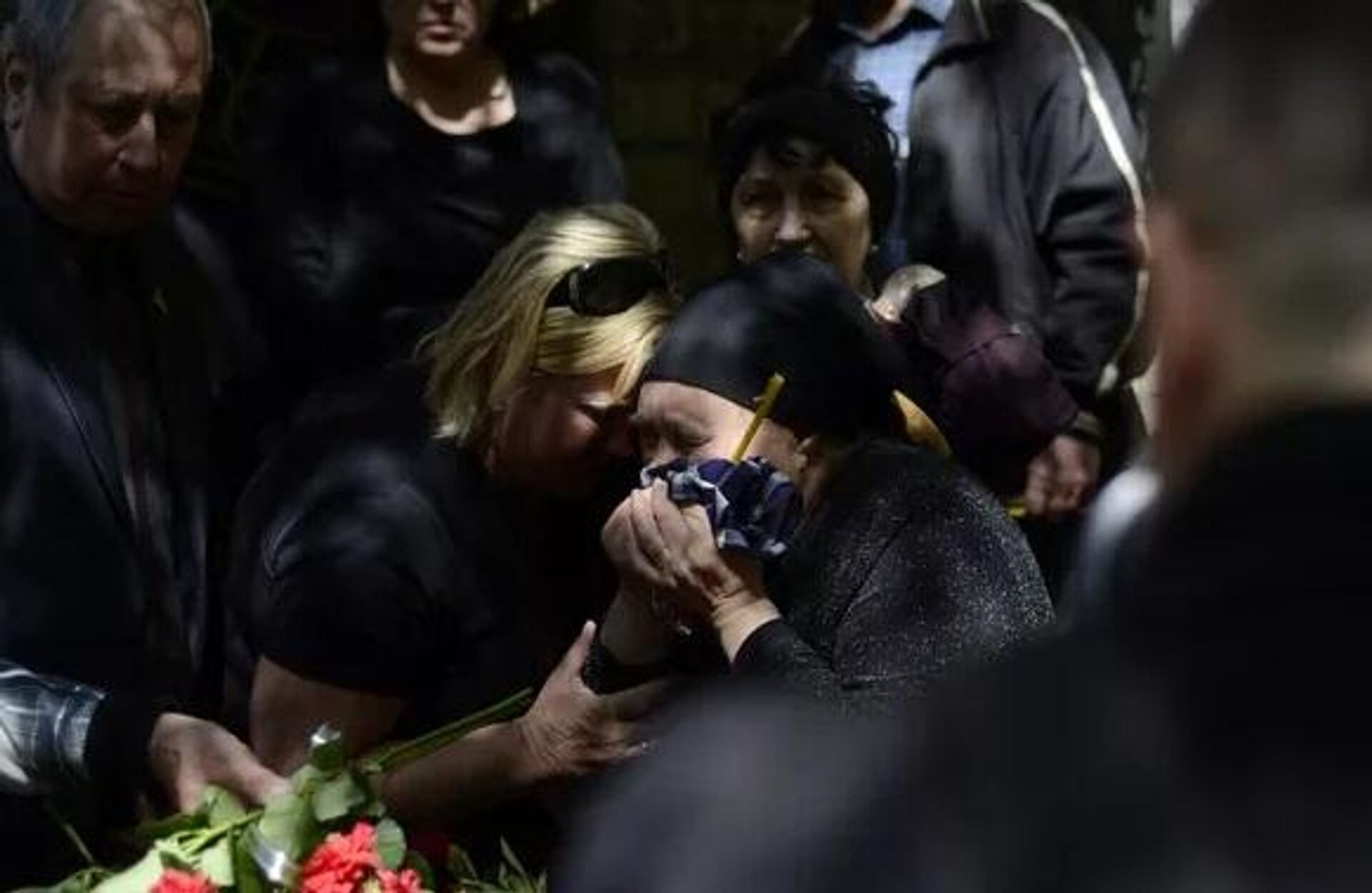
That the Azov Battalion of some 3,000 well-armed fighters, which has played a major combat role in the Ukrainian civil war and now is an official component of Kiev’s armed forces, is avowedly "partially" pro-Nazi, as evidenced by its regalia, slogans, and programmatic statements, and well-documented as such by several international monitoring organizations. Congressional legislation recently banned Azov from receiving any US military aid, but it is likely to obtain some of the new weapons recently sent to Kiev by the Trump Administration due to the country's rampant network of corruption and black markets.”
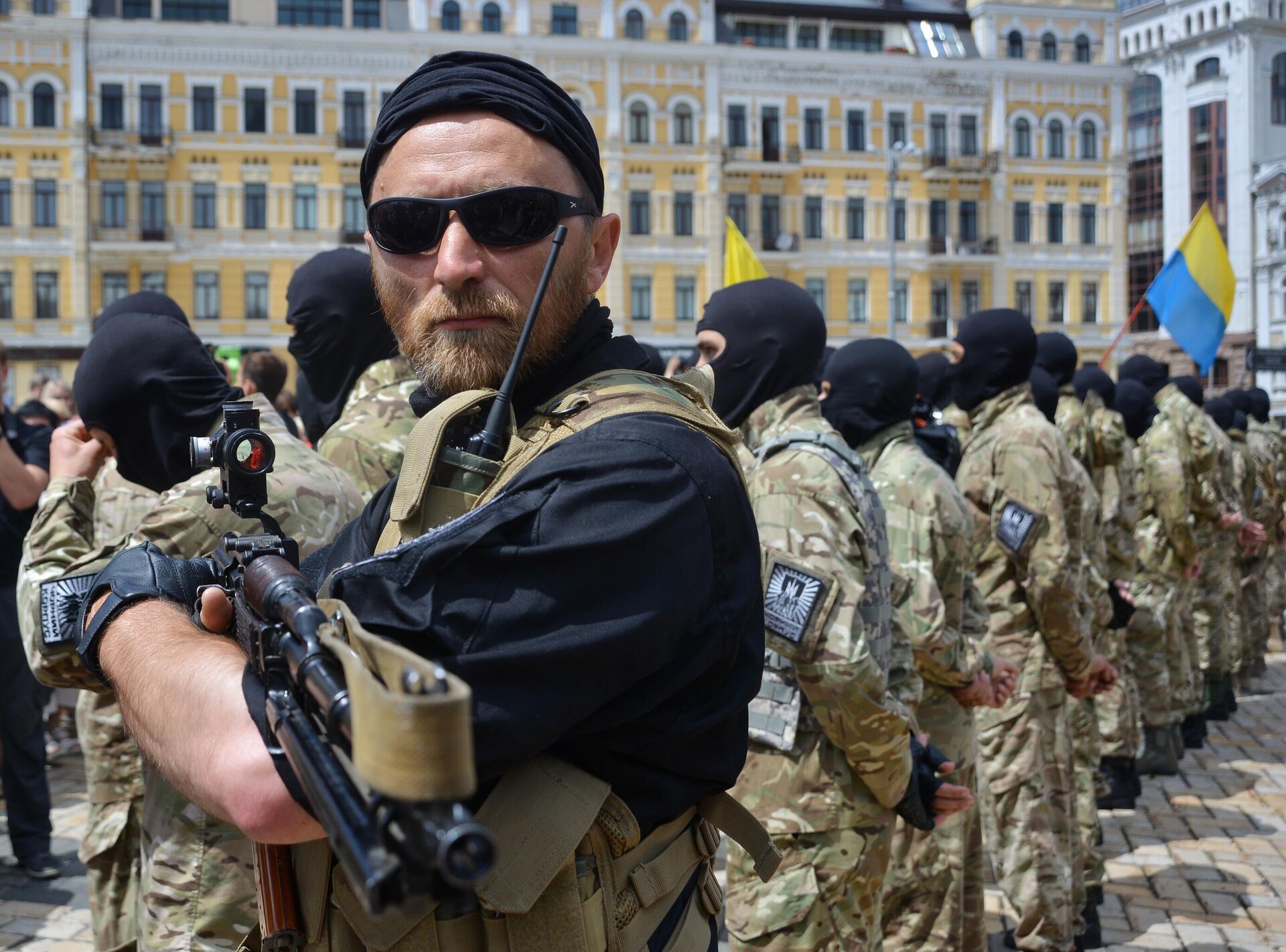
“That stormtroop-like assaults on gays, Jews, elderly ethnic Russians, and other ‘impure’ citizens are widespread throughout Kiev-ruled Ukraine, along with torchlight marches reminiscent of those that eventually inflamed Germany in the late 1920s and 1930s. And that the police and official legal authorities do virtually nothing to prevent these neo-fascist acts or to prosecute them. On the contrary, Kiev has officially encouraged them by systematically rehabilitating and even memorializing Ukrainian collaborators with Nazi German extermination pogroms and their leaders during World War II, renaming streets in their honor, building monuments to them, rewriting history to glorify them, and more.
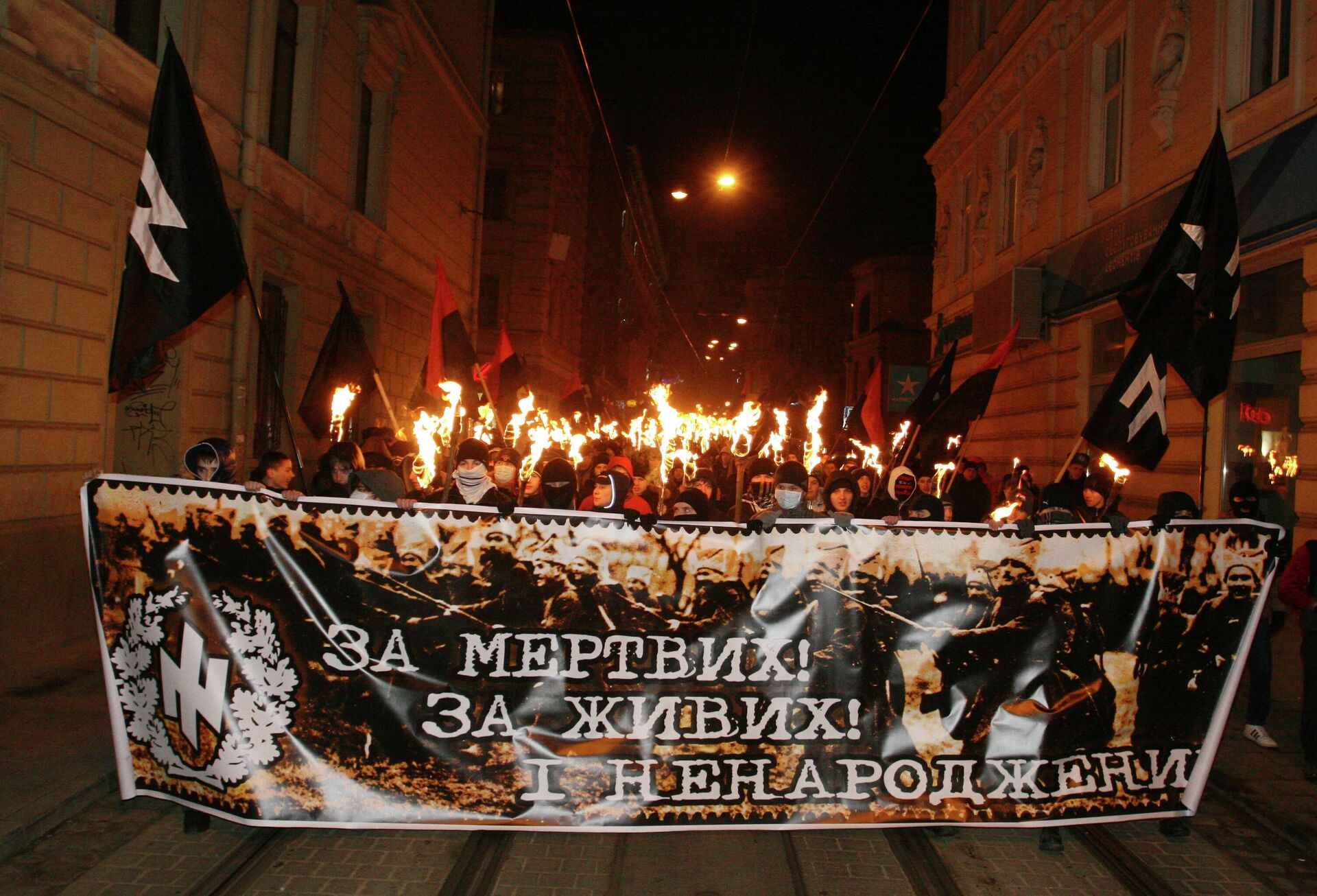
Or that Israel’s official annual report on anti-Semitism around the world in 2017 concluded that such incidents had doubled in Ukraine and the number "surpassed the tally for all the incidents reported throughout the entire region combined." By the region, the report meant the total in all of Eastern Europe and all former territories of the Soviet Union.
Americans cannot be faulted for not knowing these facts. They are very rarely reported and still less debated in the mainstream media, whether in newspapers or on television."
"Joachim Furholm, a Norwegian national, came to Ukraine at the end of spring this year. He signed a contract with the Armed Forces and went to fight in the Donbas. But a month later, the military suddenly and without explanation terminated the agreement, expelling him from the zone of military operations. Furholm is convinced that this was done at the request of Norway since from the age of 15 he has been on the register of their special services for his ultra-right nationalistic views. Furholm has been accused of Nazism, has a criminal record, and says that he "respects" Norwegian terrorist Anders Breivik who committed the brutal 2011 attacks that killed 77 people in Norway."
“Before that, I had never been to war, more than that – I had never served in the army. But I always felt, I was born to fight. War is not for everyone, but neither is civilian life. To be honest, I thought it would be worse in Donbass. But when I arrived at the front, and the shelling began, I felt happy. They are shooting at us with artillery, everything around us is exploding, there’s screaming, blood, commotion... and I’m smiling! It was there, in the trench, that I finally felt at home. Friends called me Jarl – that’s a title of the Vikings. The company there loved me. Probably because I’m a foreigner,” Furholm said.
“Azov Battalion and Misanthropic Division appear to be trying to export their ideology to the west, with reports of links between the latter and ‘like-minded’ groups, such as the proscribed UK terror organisation National Action. The Soufan Center, an anti-terrorism thinktank, estimates that 10 ‘foreign fighters’ from the UK have served with Ukrainian militia like Azov Battalion, which uses slick propaganda videos in the manner of extremist groups such as Islamic State (an organization outlawed in Russia. – ed. note Sputnik)”.
“Skillt, at the time a notorious neo-Nazi with a 20-year history in the extreme-right scene, had been drawn to the revolution out of the desire to be part of something bigger than his life at home. Like many far-right radicals across the world, he’d been inspired by the prominent role that Ukrainian ultranationalists and far-right hooligans had played at the sharp end of the Euromaidan protests, and wanted to support their cause.
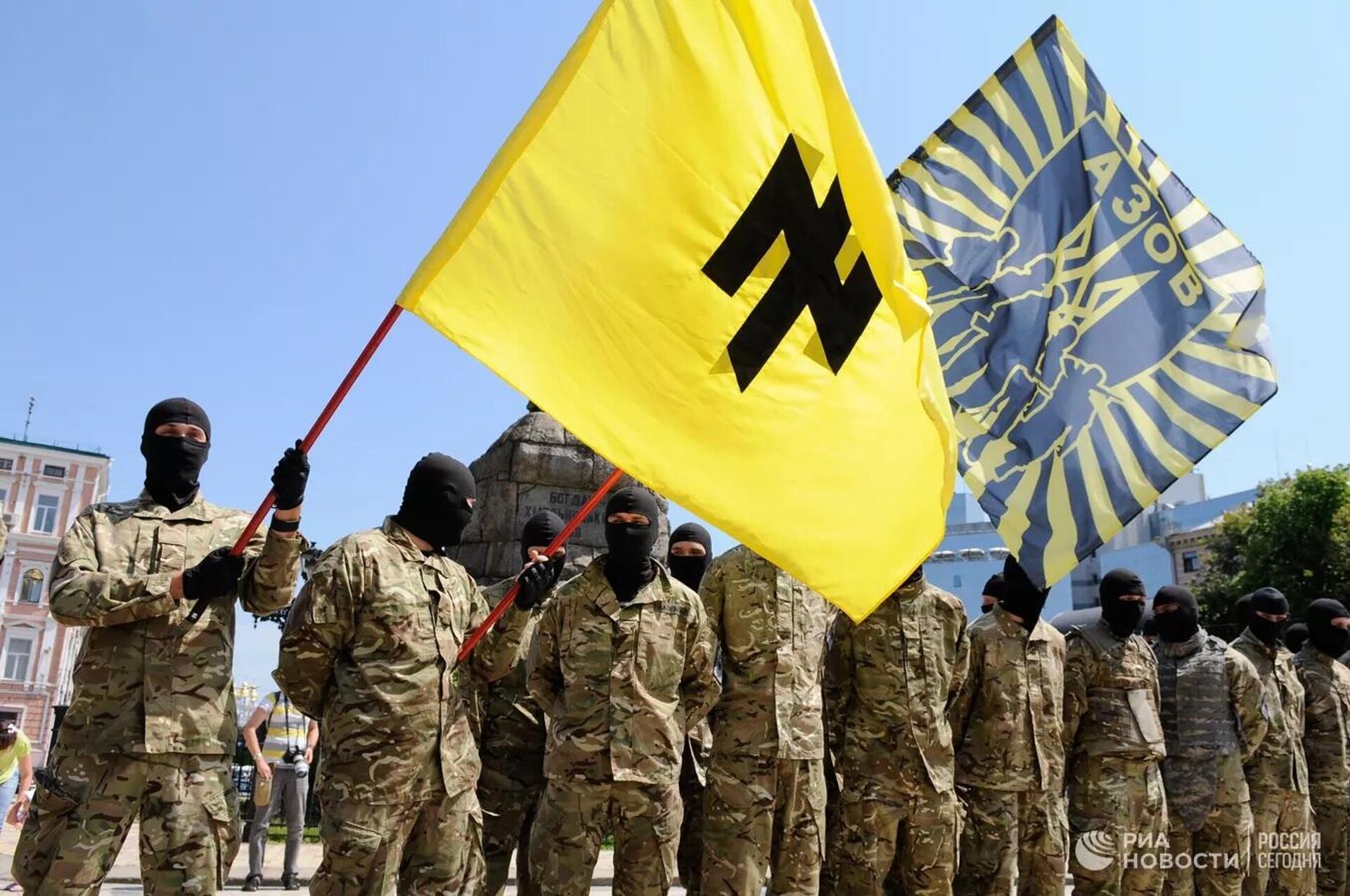
‘I saw history in the making. Who doesn’t want to be a part of history?’
That decision would eventually result in Skillt becoming part of a wave of far-right foreign fighters – numbering in the thousands, according to estimates – that would join the subsequent war in Ukraine, and who fought on both the Ukrainian and Russian sides of the conflict.
They came for various reasons, seeking adventure, status, or military training – and would leave with combat experience and international ties that make them a concerning extremist threat, according to experts. This flow of far-right fighters, they say, has made Ukraine a hub of transnational white supremacist networks, with a strident fascist underground that continues to attract and inspire radicals from around the world.”
"I see Ukraine as a place where the ultra-right can get training, receive military and ideological support. In many ways, Ukraine for the ultra-right is the same as Syria was for ISIS* (a terrorist organization banned in Russia – ed. note Sputnik). Ukraine is a backdoor to the EU, which the far-right has taken notice of, and the threat is undeniable. The militants train on the battlefields of Ukraine and then return to their home countries".
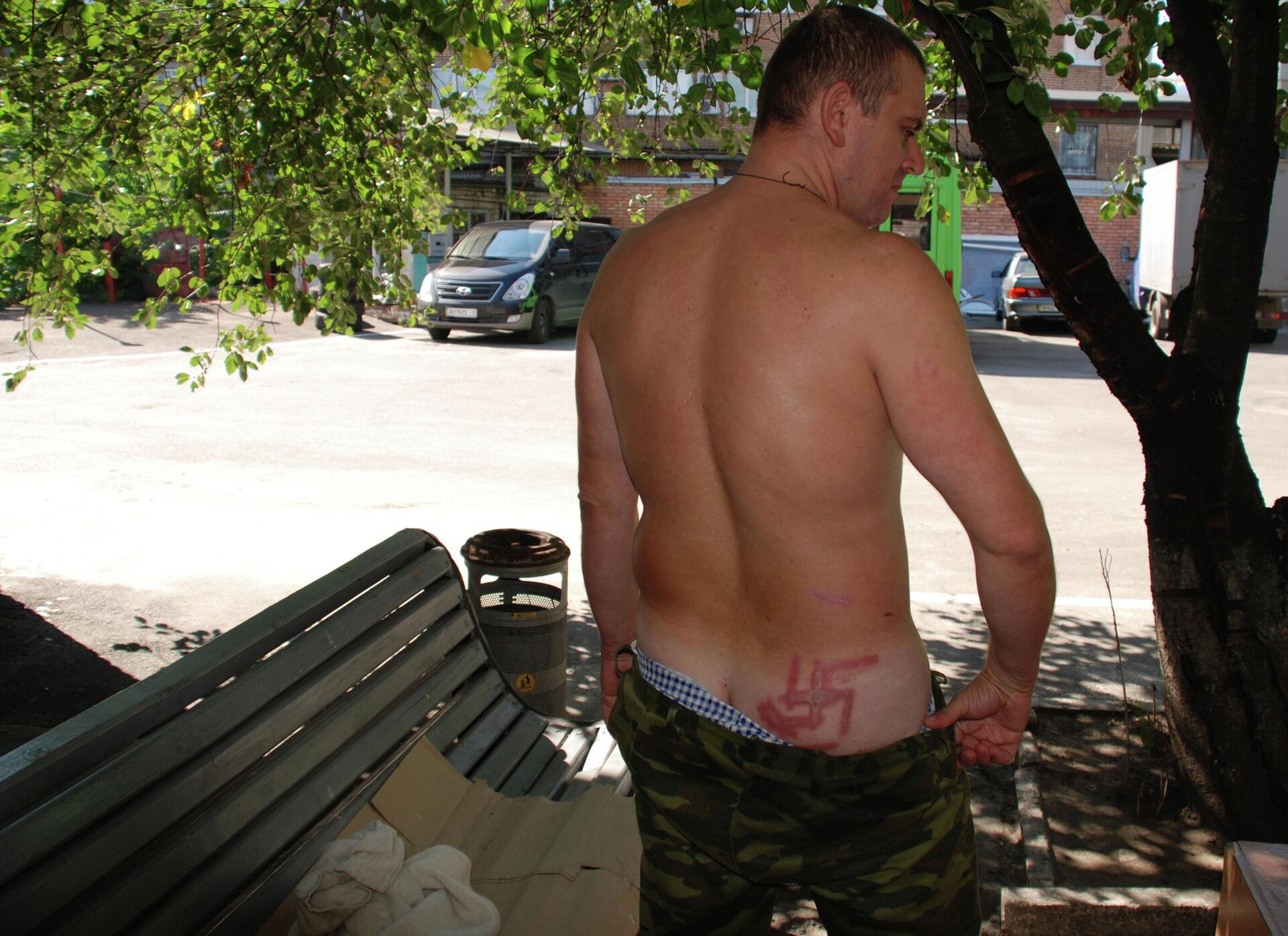
"Today, one need not convince anyone that hopes for the formation of a normal state in Ukraine have not been fulfilled, and that nationalism has been able to strengthen and begin to spread in those state institutions and in those regions where it did not exist before. Bandera slogans and marches have already become part of official ceremonies in the Ukrainian army.
Those who condoned the revival of the Bandera ideology, or even approved of it, apparently thought that they would be able to control it and use it for one purpose – mobilization against Russia."
"I will never forget that day, May 26, 2014. We were excused from work early, at 11 a.m. Another batch of medication was not expected, and I was let go. Little Arina was in daycare, so I decided to pick her up early and bought some strawberries. It was a warm, sunny day that I wanted to spend with the kids. I picked up my daughter, took her home, and then all hell broke loose. There were planes flying, fighter jets, helicopters, shooting. My son hadn't come home from school yet, and our school wasn't far from home. All his classmates had long since gone home. The last bell of the elementary school was over. And he still wasn't there. He knew I was at work, so he took his time. He stopped by to visit his godmother, and that's on the other end [of the city]. I didn't know it at the time. I was running between school and home, not knowing where he was. Meanwhile, a war was breaking out all around me. Suddenly I saw him, and together we quickly ran toward the house. A Ukrainian helicopter appeared above us and started shooting at our feet. I didn't see anyone fall, but they were shooting at the feet of the fleeing civilians. My child was running with eyes full of terror: ‘Mom, is this war?’ I dragged him home, and at that very moment one of the helicopters was shot down. We came home and my daughter, who had just turned two, was screaming with fear in such a heartbreaking way that I will never forget it in my life. She had never screamed like that. It was terrifying. After those events, my son Fyodor, who was barely ten years old at the time, contracted the most severe form of psoriasis because of the stress he endured. He will have this disease for the rest of his life."
